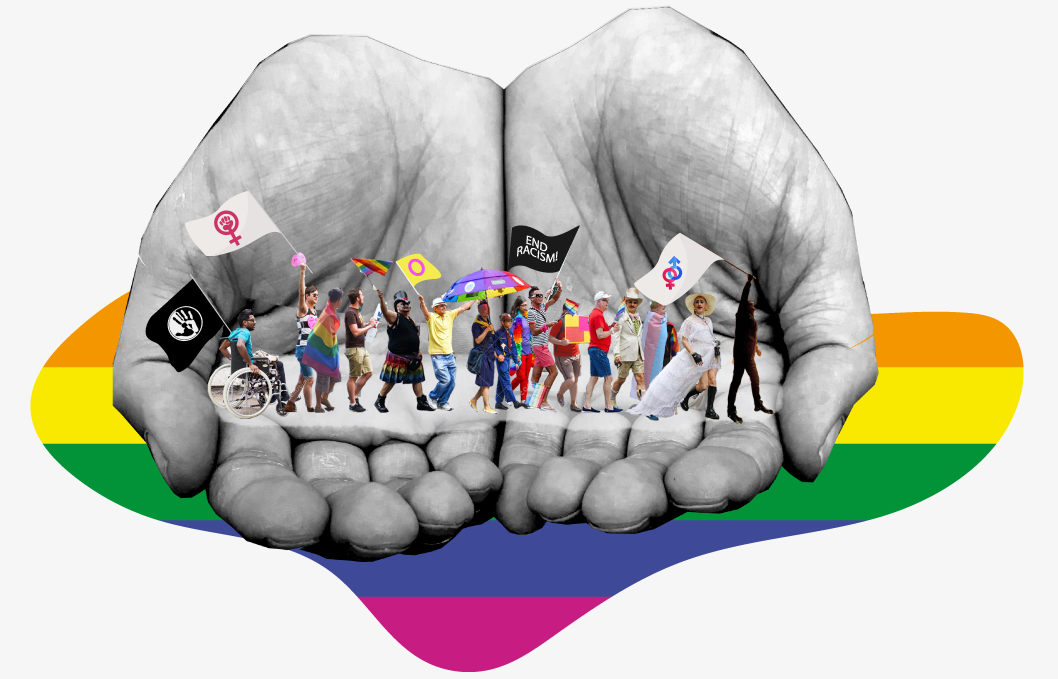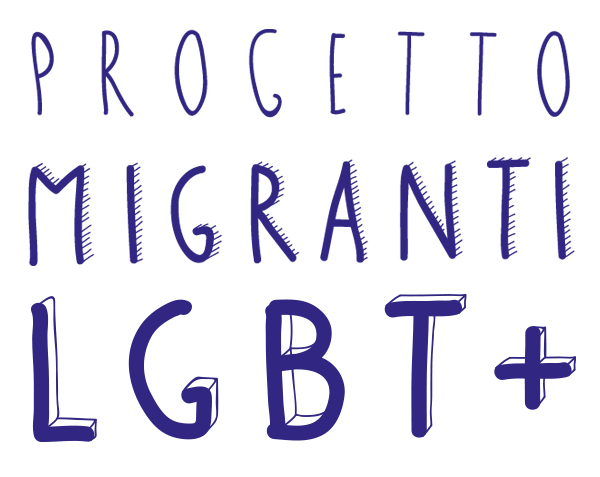
What states are doing to tackle violence and discrimination against lesbian, gay, bisexual, transgender and intersex people
(2016)
“In recent years, local and national authorities in countries around the world have adopted wide- ranging measures to address human rights violations against lesbian, gay, bi, trans (LGBT) and intersex people. The present study references more than 200 such initiatives introduced in 65 countries in every region of the world. While not comprehensive, the study provides an overview of policy trends, highlighting positive developments and drawing attention to areas that require further action.
Key Findings:
• More than a hundred United Nations Member States from all regions have committed to addressing violence and discrimination on the basis of sexual orientation and gender identity.
• In addition to enacting new laws, some States have adopted comprehensive cross-Government action plans to: protect the rights of LGBT and intersex people; set up consultative bodies that include LGBT and intersex people; and partnered with civil society organizations to jointly tackle these challenges.
• In response to homophobic and transphobic violence, States have adopted an array of new laws to tackle hate crimes and hate speech, public leaders have spoken out, special prosecution teams have been set up, police officials have received relevant training, reporting helplines have been established, steps have been taken to tackle bullying in schools, and policies have been adopted to respect the rights of transgender people in detention.
• To protect LGBT and intersex people from unfair treatment, States have passed or amended anti- discrimination laws, and taken specific steps to curb discrimination in education, employment and health care and recognize and protect the rights of same-sex couples and their children.
• A handful of States legally recognize the gender identity of trans adults and children on the basis of self-identification through a simple administrative process without abusive requirements; one State guarantees the right to access gender affirming treatment, and a small number recognize non-binary gender identities.
• A few States have taken steps to curb abuse of LGBT and intersex children and adults in medical settings, including so-called “conversion” therapies and forced sterilization and treatment of transgender people, and have removed medical classifications that pathologize trans people.
• A few States have adopted measures to protect the rights of intersex people. Two have prohibited discrimination based on sex characteristics/intersex status, one of which has also banned medically unnecessary surgery on intersex children.
• Courts have upheld the rights of LGBT and intersex organizations to officially register and to hold public events and peaceful assemblies, and have awarded compensation to LGBT and intersex people for violations of their rights.
• Local authorities have often played a pioneering role – including by adopting anti- discrimination ordinances, combating hate crimes, training local officials and rolling out public education initiatives.”
Il documento è consultabile e scaricabile qui >>>
Il sito “Free and Equal” delle Nazioni Unite si trova qui >>>

